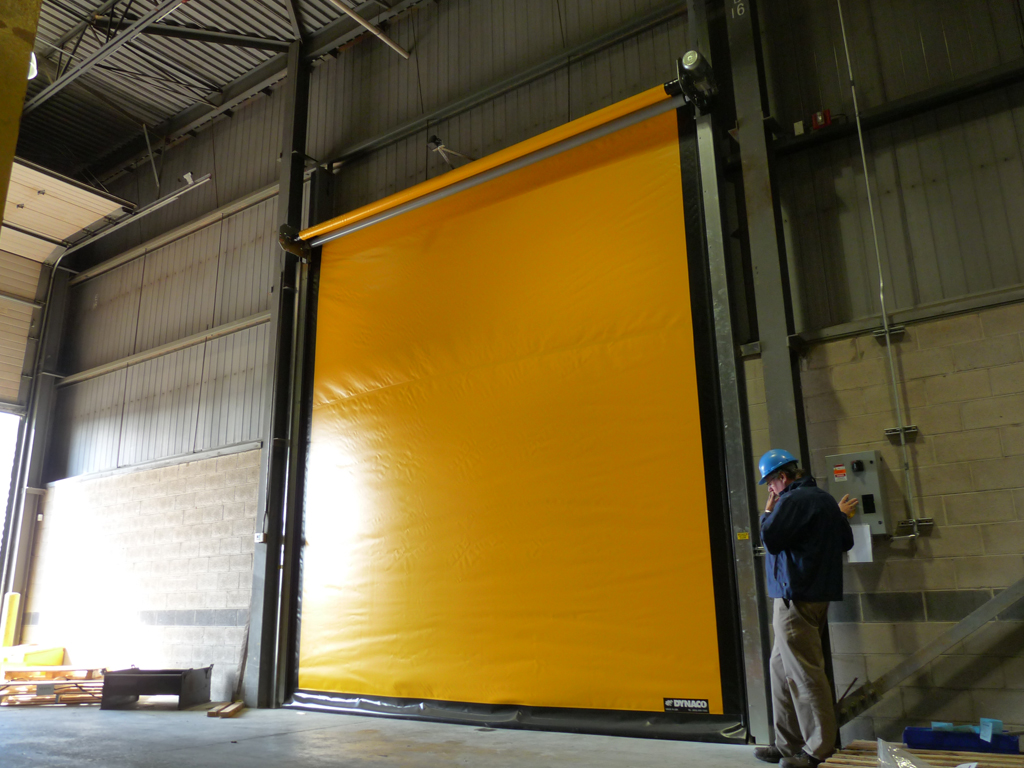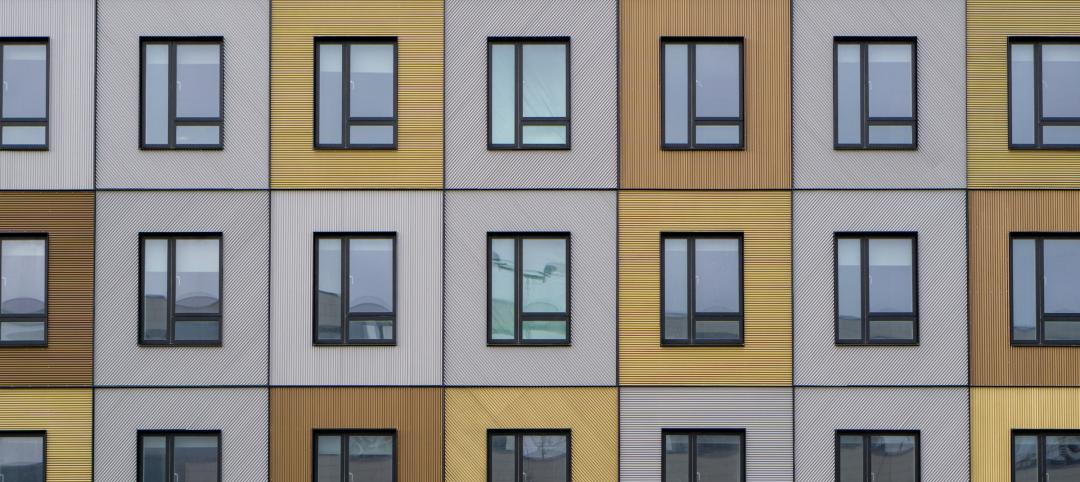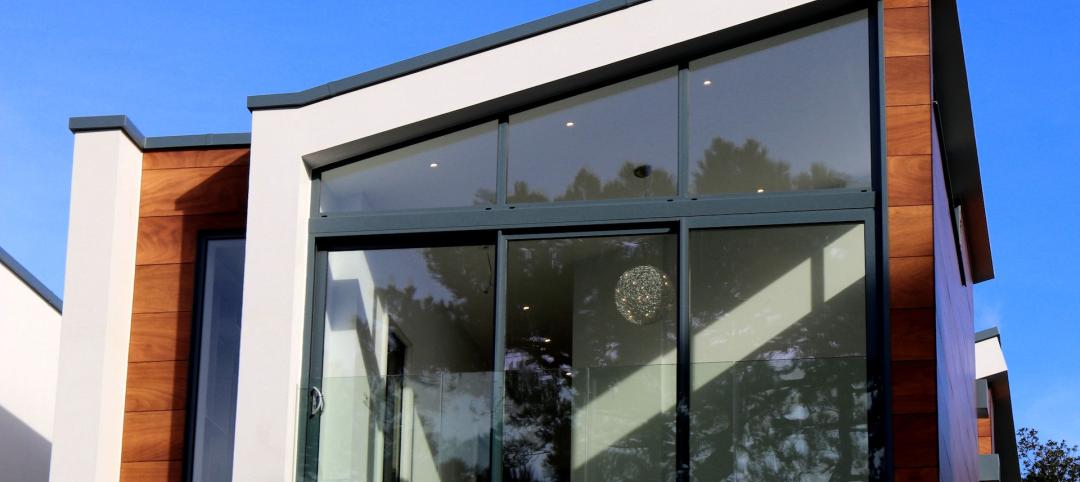The 2015 edition of the International Energy Conservation Code (IECC) will recognize high-speed doors and their energy-efficiency benefits for the first time.
The 2015 code defines a high-speed door and includes a maximum air leakage requirement through doors. The new high-speed door maximum air leakage requirement is 1.3 cubic feet per minute per square foot (cfm/sf). This is higher than the maximum sectional garage door requirement of 0.4 cfm/sf.
High-speed doors have a higher value because they must be flexible at the jambs to allow for both the speed and amount of movement during the life of the door. “The predominant benefit of high-speed doors is their ability to control ‘air exchange’ or the air flowing through a door opening when a door is not fully closed,” according to Jeff Wendt of Rytec Corporation.
When taking thermal transmittance (U-factor), air leakage, and door power usage into consideration, "air exchange" is the most significant part of the total energy loss for a door. High-speed doors are typically specified for applications requiring 75 to 100 cycles per day. Thus, these doors demonstrate superior overall energy efficiency when meeting demand for high-cycle operation in a building.
For more information, visit here.
Related Stories
Products and Materials | Jan 31, 2024
Top building products for January 2024
BD+C Editors break down January's top 15 building products, from SloanStone Quartz Molded Sinks to InvisiWrap SA housewrap.
Products and Materials | Dec 28, 2023
Top building products for December 2023
BD+C Editors break down 15 of the top building products this month, from carbon-neutral mortars to innovative adhesives.
75 Top Building Products | Dec 13, 2023
75 top building products for 2023
From a bladeless rooftop wind energy system, to a troffer light fixture with built-in continuous visible light disinfection, innovation is plentiful in Building Design+Construction's annual 75 Top Products report.
Sponsored | MFPRO+ Course | Oct 30, 2023
For the Multifamily Sector, Product Innovations Boost Design and Construction Success
This course covers emerging trends in exterior design and products/systems selection in the low- and mid-rise market-rate and luxury multifamily rental market. Topics include facade design, cladding material trends, fenestration trends/innovations, indoor/outdoor connection, and rooftop spaces.
Products and Materials | Sep 29, 2023
Top building products for September 2023
BD+C Editors break down 15 of the top building products this month, from smart light switches to glass wall systems.
Standards | Sep 25, 2023
Updated specification for PVC exterior profiles on windows, doors, and skylights
The Fenestration and Glazing Industry Alliance (FGIA) updated a specification establishing minimum requirements for Polyvinyl Chloride (PVC) exterior profiles that are used in windows, doors, and skylights.
Products and Materials | Aug 31, 2023
Top building products for August 2023
BD+C Editors break down 15 of the top building products this month, from frameless windscreens to smart fixture mount sensors.
Windows and Doors | Aug 31, 2023
Updated specification rates ability of windows, doors, skylights, sliding glass doors to withstand impacts from windborne debris
The Fenestration and Glazing Industry Alliance (FGIA) updated a specification providing a system for rating the ability of windows, doors, skylights and sliding glass doors to withstand impact and pressure cycling generally associated with hurricane conditions.
Sponsored | | Jul 12, 2023
Keyless Security for Medical Offices
Keeping patient data secure is a serious concern for medical professionals. Traditional lock-and-key systems do very little to help manage this problem, and create additional issues of their own. “Fortunately, wireless access control — a keyless alternative — eliminates the need for traditional physical keys while providing a higher level of security and centralized control,” says Cliff Brady, Salto Director of Industry Sectors Engagement, North America. Let’s explore how that works.
Green | Jun 26, 2023
Federal government will spend $30 million on novel green building technologies
The U.S. General Services Administration (GSA), and the U.S. Department of Energy (DOE) will invest $30 million from the Inflation Reduction Act to increase the sustainability of federal buildings by testing novel technologies. The vehicle for that effort, the Green Proving Ground (GPG) program, will invest in American-made technologies to help increase federal electric vehicle supply equipment, protect air quality, reduce climate pollution, and enhance building performance.

















